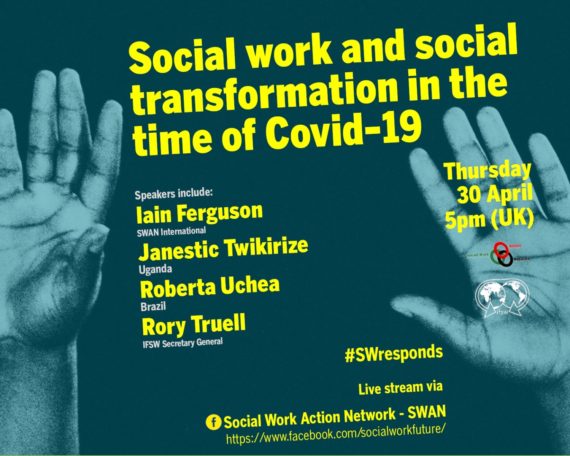What most of the colleagues don’t know –since the media where preoccupied with the aforementioned theme- is that on the same day thousands of Greek social workers and social care practitioners went on strike and took to the streets demonstrating. It was only the first time in 50 years that social workers massively challenged the victimisation of their service users and the deterioration of their working conditions. The industrial action was triggered by the decision of the Greek government to exclude local authority welfare projects from the National Budget and thus ask them to face the horrific dilemma: privatisation or closure.
The early signs of such a development became clear few years ago, when the government ordered local authorities to create their own “private entities” in order to manage the public funding related to the welfare projects. Both social workers and service users faced the consequences of such a decision straight away: unmanageable caseloads, extended working hours and significant delays in payments and salaries. As the practitioners’ Union reveals the majority of social workers have not being paid for over four months. And yet, despite all these fierce attacks, social workers remained on the front line working unpaid in order to meet the needs of hundreds of thousands of service users. As in the case of British social workers, Greek colleagues prove and justify their genuine commitment to social justice and equality on a day to day basis, constantly fighting at the front line against the grim consequences of neo-liberalism and managerialism.
“Social justice and universal public welfare” is at the top of their demands while they demonstrate with dignity and determination at the streets of Athens. However, the kind of justice social workers are fighting for has nothing to do with the disorientating and vitriolic abuse of the term that decorates the tabloid front-pages these days. It is a continuous battle to protect service users’ human rights, secure decent working conditions and contribute to the creation of an equal society. The 13th of November appears to be a day when an interesting coincidence occurred; it also the day when Greek social care workers decide to stand up and fight back.

